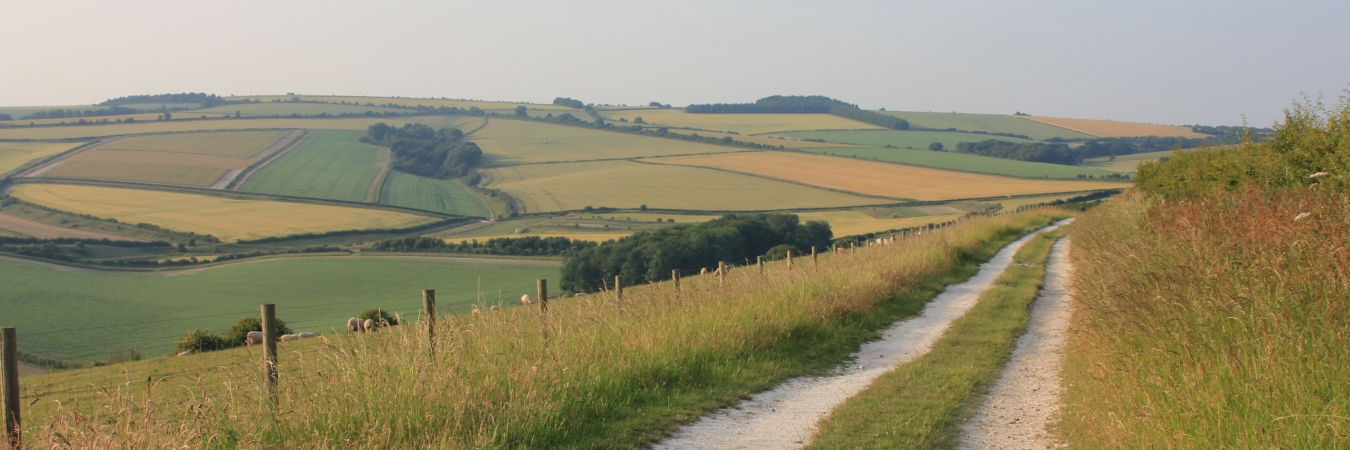IDDRI report: Ten Years for Agroecology in Europe
Ten Years for Agroecology in Europe’: new research shows an organically farmed Europe can feed a growing population a healthy diet
Europe could be farmed entirely through agroecological approaches such as organic and still feed a growing population, a new scientific paper released in the UK today, 20 February, shows.
Published a week after research revealed a steep decline in global insect populations linked to pesticide use, the ‘Ten Years for Agroecology’ study from European think tank IDDRi shows that pesticides can be phased out and greenhouse gas emissions radically reduced in Europe through agroecological farming, which would still produce enough healthy food for a growing population.
With new agricultural and dietary modelling, the report’s authors examine the reduction in yields that would result from a transition to agroecological farming. These reductions can be mitigated by eliminating food-feed competition – reorienting diets towards plant-based proteins and pasture-fed livestock, and away from grain-fed white meat. More than half the cereals and oilseed crops grown in the EU are currently fed to animals.
The paper suggests that agroecology – using ecological principles first and chemicals last in agriculture – presents a credible and holistic way of feeding Europe by 2050. But action is needed now. The next 10 years will be critical in engaging Europe in this agroecological transition.
Rob Percival, head of food policy at the Soil Association said; “Pesticide-hungry intensive production is not the only way to feed a growing population. The ‘Ten Years for Agroecology’ study shows that agroecological and organic farming can feed Europe a healthy diet, while responding to climate change, phasing out pesticides, and maintaining vital biodiversity.
“The idea of an entirely agroecological Europe is often considered unrealistic in terms of food security because agroecology sometimes means lower yields. But this new research shows that by refocussing diets around plant-based proteins and pasture-fed livestock, a fully agroecological Europe is possible. The UK government should respond by supporting agroecology within the Agriculture Bill.”
The ‘Ten Years for Agroecology’ study models a future in which:
· Meat production in Europe has been reduced by 40%, with the greatest reductions in the production of grain-fed pork and poultry.
· European diets include less meat and more plant-based proteins overall, but with an ongoing sustainable role for grass-fed meat and dairy.
· Europe has achieved protein self-sufficiency, halting the import of protein crops for animal feed, which are often associated with deforestation and greenhouse gas emissions abroad.
· Europe’s biodiverse and carbon-rich grasslands are maintained, nurturing biodiversity and contributing towards a reduction in agricultural greenhouse gas emissions of 40%.
The study is being published in parallel with the UK launch of the EAT-Lancet ‘planetary health diet’, which proposes a shift towards a more plant-based diet. The ‘Ten Years for Agroecology’ study addresses similar concerns to EAT-Lancet, but places greater emphasis on farmland biodiversity, and frames these concerns in a specifically European context.
The IDDRi paper has already launched in Europe, but the Soil Association has worked with the authors to bring the English translation of this research to the UK. The paper will be launched at the EAT-Lancet debate 20th February, co-hosted by the Food, Farming & Countryside Commission and Centre for Food Policy Food Thinkers.
Read full article